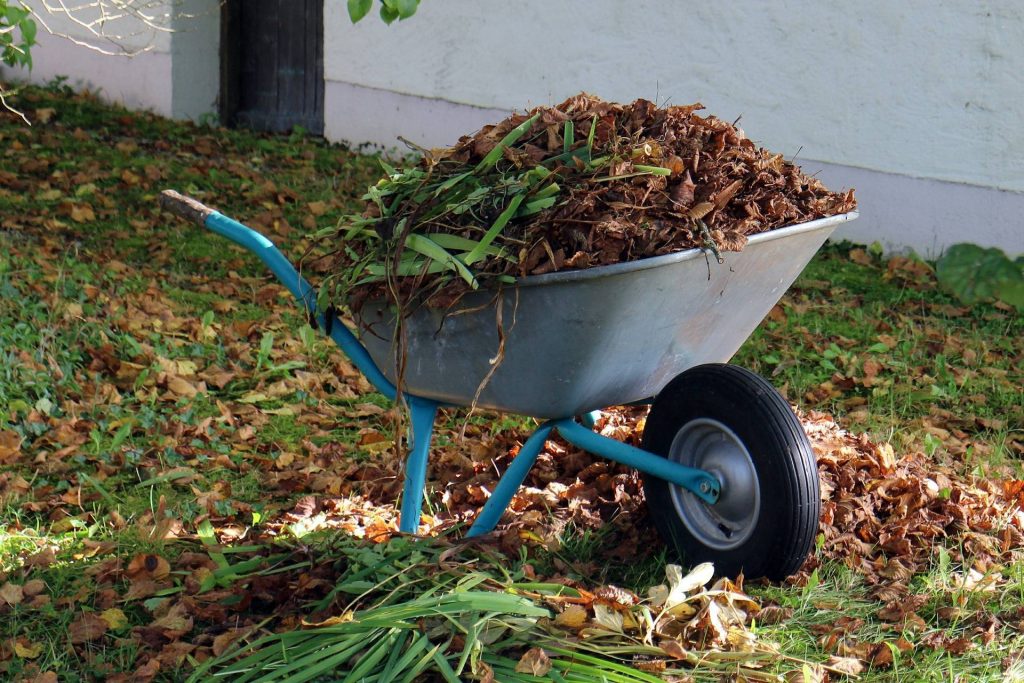Did you know that Australians generate nearly 1.3 tonnes of waste per person each year, with garden waste forming a significant portion? Many homeowners face the challenge of effectively disposing of garden waste, which, if handled improperly, can lead to environmental harm and hefty fines. In this comprehensive guide, we’ll explore the best ways to dispose of garden waste responsibly, helping you maintain a pristine garden while protecting our planet. Read on to learn practical, sustainable methods that save you time, money, and effort.
Understanding Garden Waste and Its Environmental Impact
Garden waste includes organic material such as grass clippings, branches, leaves, weeds, flowers, and hedge trimmings. When disposed of incorrectly, garden waste can contribute to methane production—a potent greenhouse gas—when decomposing in landfills. Therefore, finding environmentally friendly disposal methods is essential.
Composting – The Most Environmentally Friendly Method
Composting is arguably the best way to dispose of garden waste as it converts organic waste into nutrient-rich soil. Composting reduces landfill waste, greenhouse gases, and helps improve soil fertility.
Start by creating a dedicated compost bin or pile in your garden. Mix green waste (fresh clippings, weeds) with brown waste (dry leaves, branches) to maintain balance. Regularly turn the compost pile to enhance decomposition.
Benefits of Composting
Composting provides numerous advantages such as improving soil structure, enhancing nutrient content, and reducing the need for chemical fertilizers. It also significantly reduces your carbon footprint by preventing waste from ending up in landfills.
Green Waste Collection Services
Many local councils and professional waste management companies offer green waste collection services. These services are a convenient way to ensure your garden waste is disposed of responsibly.
Regular curbside pickups are typically available, making this method ideal for those who produce considerable amounts of garden waste but lack space or time for composting. Check your local council’s website or contact professional waste services like TYR Waste Solutions for reliable and eco-friendly garden waste collection.
Mulching – A Practical Approach
Mulching involves spreading garden waste over soil surfaces, helping to retain moisture, suppress weeds, and regulate soil temperature. Woody garden waste like branches and twigs can be shredded into mulch using a garden shredder or chipper.
This method reduces waste volume considerably and enriches your garden naturally, reducing the need for watering and chemical herbicides.
Garden Waste Recycling Centres
Recycling centres specifically for garden waste allow you to dispose of larger quantities or bulkier waste safely and sustainably. These facilities ensure garden waste is processed into useful compost or mulch.
Before visiting, segregate garden waste by type—grass clippings, woody waste, and leaves—to streamline the recycling process.
Professional Garden Waste Removal
Hiring professionals for garden waste removal is an excellent choice for those seeking convenience, speed, and efficiency. Experts manage waste responsibly, ensuring it is recycled or composted wherever possible.
Companies like TYR Waste Solutions specialize in garden waste management, providing tailored solutions to meet your specific needs.
Mistakes to Avoid When Disposing of Garden Waste
Common mistakes include burning garden waste, which contributes to air pollution, and illegal dumping, which harms wildlife and the environment. Additionally, mixing garden waste with general household waste can contaminate recycling streams, making waste processing difficult.
Always opt for approved disposal methods and follow local guidelines to avoid these pitfalls.
Frequently Asked Questions (FAQs)
How to Dispose of Garden Waste if I Have Limited Space?
If your garden is small or you have limited outdoor space, consider community composting programs, professional garden waste collection services, or compact compost bins designed for small spaces. These options provide practical solutions to manage garden waste without requiring large storage areas.
What Is the Most Environmentally Friendly Way to Dispose of Garden Waste?
The most environmentally friendly method of disposing of garden waste is composting. Composting transforms organic waste into valuable soil amendments, significantly reducing landfill waste, methane emissions, and reliance on chemical fertilizers. It promotes sustainable gardening and environmental health.
What Is the Best Way to Get Rid of Yard Waste Quickly?
The quickest method to remove yard waste is through professional garden waste removal services or using council green waste collections. These services efficiently handle large volumes of waste promptly, saving you the time and effort associated with disposal.
Can All Garden Waste Be Composted?
Most garden waste is suitable for composting, including grass clippings, leaves, and branches. However, avoid composting diseased plants, invasive weeds, and chemically treated materials, as these can spread disease or contaminate compost.
Conclusion
Effectively disposing of garden waste benefits both your home environment and the planet. Whether through composting, professional waste collection services, mulching, or recycling centres, you have several sustainable options available. By adopting responsible disposal practices, you contribute to environmental conservation, maintain a beautiful garden, and comply with local regulations.
Ready to take action? Contact TYR Waste Solutions today to manage your garden waste responsibly or explore more eco-friendly tips on our website. Let’s work together for a greener future!





